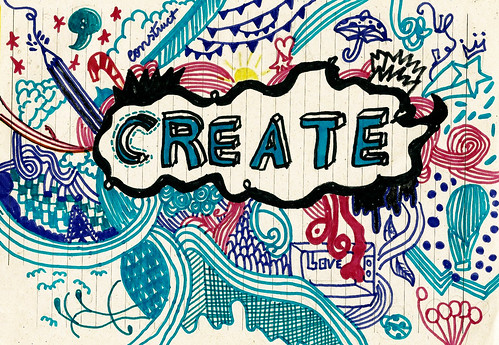 |
I've heard this a couple of times, but I can't for the life of me remember exactly where I was at the time. I want to say the story has something to do with Richard Branson, but I could be just making that up.
The ‘elevator pitch’ is how you would explain your rèason d’etré to that critical person you just happen to be sharing an elevator with. And normally in an elevator, you have around thirty seconds or so to do it.
So I have attempted to write out my elevator pitch. How I would explain what I want to achieve in thirty seconds:
Schools don't work for so many people. Many of the most successful people are successful despite their schooling, not because of it. The current trend of standardisation and testing is making things worse. It's narrowing the opportunity for children to find out what they are good at. It's pointless and wasting our human potential.
Instead, I want to shift the focus to a creative, exploratory and innovative experience for students. Allowing them opportunities to find out where their strengths lie, and to follow their passions. Empower students to make a real difference to their world.
I am doing this by disrupting frenetic exam results chasing ‘schooling’ in a positive way. Giving teachers and students the support, opportunity and permission to try different things, to celebrate creative thinking, ingenuity and exploring passions. Join me.
Ok, so I timed myself, it was 33 seconds, and will have to do. This is my current thinking, in 6 months I will possibly have shifted focus, bt at the moment this sums up what I am aiming for.
What’s your 30 second elevator pitch?


